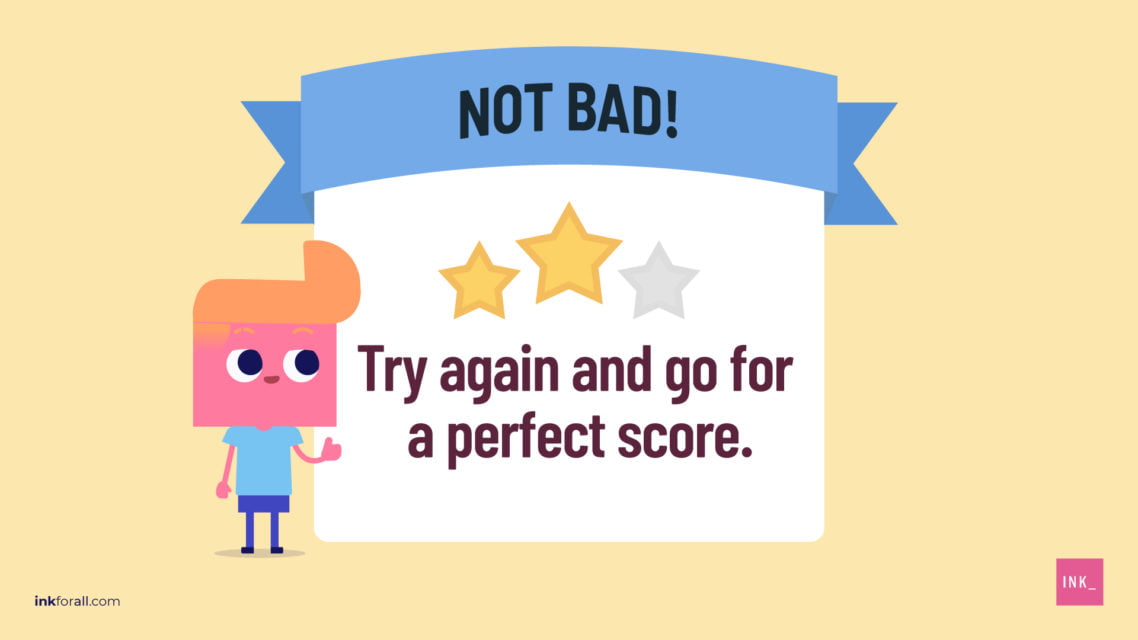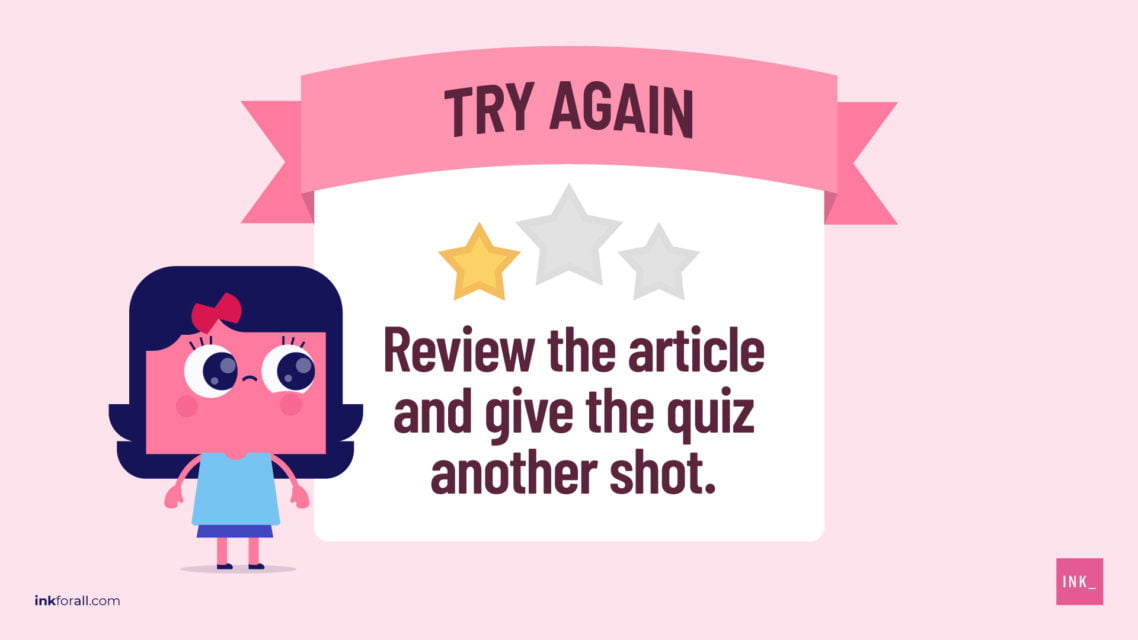Main While vs. Whilst Takeaways:
- One difference between while vs. whilst is regional.
- While is dominant in American English but whilst is a British English term.
- Another difference comes down to the parts of speech. There is some overlap between the two, but these words can have different grammatical functions.
- While works as a conjunction, noun, verb, or part of an adverb phrase.
- Whilst functions as a conjunction or part of an adverb phrase.
- If you use them as a conjunction or an adverb, while and whilst mean the same thing.
- You can start a sentence with whilst or while if you’re using them as a conjunction.
- While and when do not have the same meaning.
Much like learn vs. learnt, the difference betweenwhile vs. whilst comes down to two things: regional preferences and the parts of speech. Both are correct, but they aren’t always interchangeable. We’ll give you easy definitions and uses for these two words, plus show you how to use them perfectly.
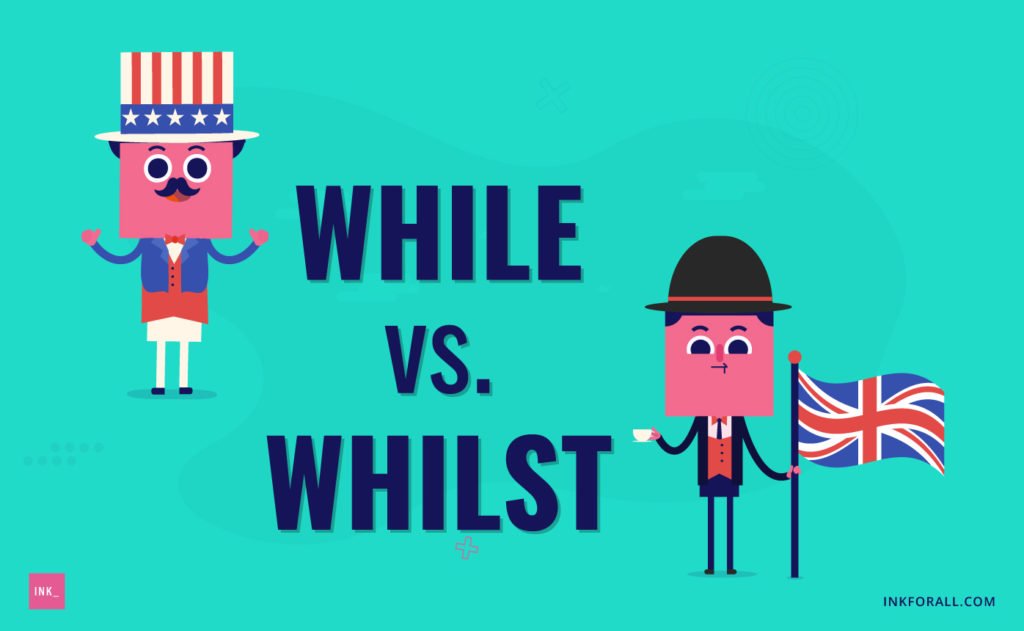

What is the Difference Between While and Whilst?
There are two main differences between while and whilst. One is regional and one is grammatical. First, British English uses whilst as a conjunction synonymous with while, although, and notwithstanding. Conversely, US English considers whilst outdated and even pretentious, so it uses while instead. Second, while can also be a noun (please stay a while) and a verb (we whiled away the months), but whilst can’t.
Therefore, if you’re using them as a conjunction or in an adverb phrase, while and whilst are interchangeable. But, if you need a noun or a verb, you can only use while.
- When your sentence needs a conjunction or as part of an adverb phrase, you can use while and whilst interchangeably.
- When your sentence needs a verb or noun, you should only use while.
How Do You Use While in a Sentence?
Use while as a conjunction in a sentence to show that two events occur at the same time (I walked while she ran). You can also use while in the same way that you would use although for a contrast or contradiction (While I understand your point, I still disagree with you). Next, use while as a noun to describe an unspecified amount of time (Sit with me for a while). Finally, use while as a verb with the word “away” to describe an enjoyable way of passing time (We whiled away the daysswimming).
Here are examples of how to use while in a sentence:
In the above example, while is acting as an adverb because it is modifies the verbwaiting. In other words, the adverb gives you more information about the verb.
Here, we know while is functioning as a noun because we can replace it with the word “time,” and the sentence still makes perfect sense:
In this example, while connects two contrasting statements to help make the comparison clear.
Finally, while can also show balance. This example of while in a sentence shows that two things are happening at the same time.
When Should You Use While vs. Whilst?
Use while instead of whilst when the word functions as a noun or verb. Although while and whilst can both be conjunctions or part of an adverb phrase, only while can be a noun and a verb. As a noun, while describes a period of time (Rest for a while). As a verb, while means to cause something to pass in an enjoyable way. What’s more, when while is a verb, it’s usually followed by the word “away” (We whiled away the rainy days with games inside).
- Replace the word with “time.”
- Does the sentence still make sense?
- If yes, then while is acting as a noun. If no, then while may be acting as a conjunction, verb, or part of an adverb phrase instead.
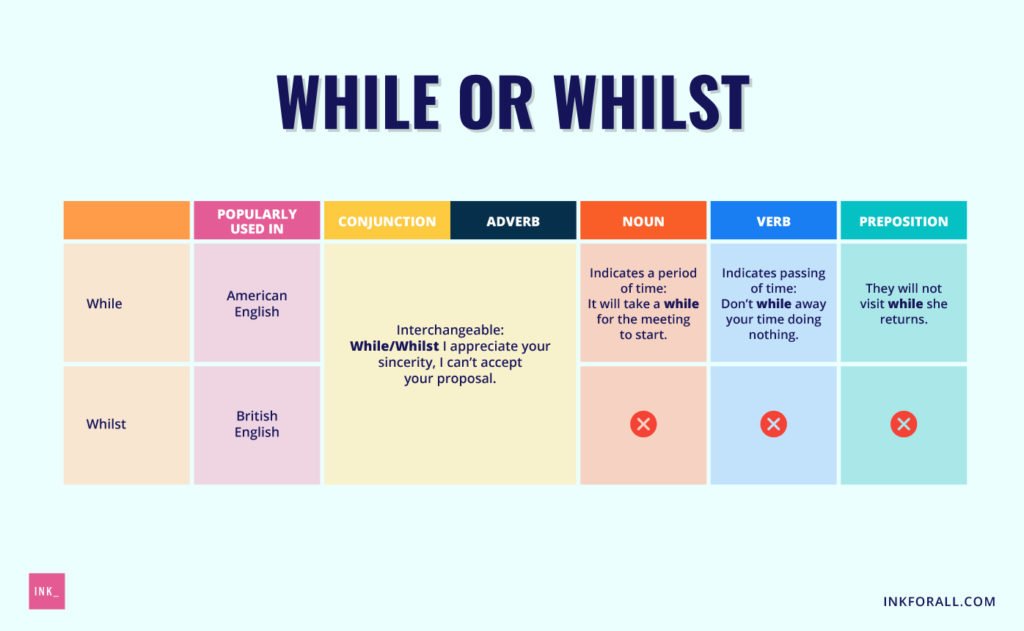

How Do You Use Whilst?
Use whilst as a conjunction to join two independent clauses, especially when describing simultaneous and continuous events (She played the piano whilst I sang). Since whilst is a subordinating conjunction, you can use it to begin a subordinate clause, especially when contrasting or contradicting (Whilst he can go, I prefer for him to stay). As an adverb, whilst describes a verb. Remember, whilst is best suited for British English, as American English speakers tend to find this word outdated and highfalutin.
Here are examples of how to use whilst:
Can You Start a Sentence With Whilst?
Like while, you can start a sentence with whilst as long as the word is functioning as a conjunction or as an adverb. In fact, both while and whilst are subordinating conjunctions. As a result, you can use these words to begin a subordinate clause.
As mentioned, both while and whilst can function as conjunctions. When they do, their meanings are identical. The only difference is the regional connotation. For example, UK English speakers tend to prefer whilst. On the other hand, US English speakers favor while and may find whilst archaic or pretentious.
When Should I Use Whilst?
You should use whilst when British English is the standard, and when your sentence requires and adverb or a conjunction. For example, both while and whilst can function as a conjunction or as part of an adverb phrase, but British English speakers prefer whilst. Because American English speakers may find it archaic or pretentious, they tend to use while. Additionally, use whilst to describe the relationship between two events or activities that occur at the same time. Also, you can use whilst to show contrast.
Finally, you can start a subordinate clause with whilst since it is a subordinating conjunction.
We can go deeper into this question, but things become less clear. For example, objective guidelines based on concrete grammar rules become subjective impressions based on what “sounds” best.
Some instruct to use while when discussing two things happening at the same time, but whilst to describe previous simultaneous events:
Furthermore, others say to use while if the next word begins with a consonant, but use whilst if it begins with a vowel.
Similarly, there are British English speakers who caution that while is for parallel events or structures, but whilst is for creating contrast.
Is Whilst Old Fashioned?
In American English, whilst is considered old fashioned and even pretentious. This is because whilst is more common in British English. It’s important to note that when used as conjunctions and as adverbs, while and whilst mean exactly the same thing. Here, the only difference is in the connotation— not the meaning. Ironically, both whilst and while are very old words, but while is actually older.
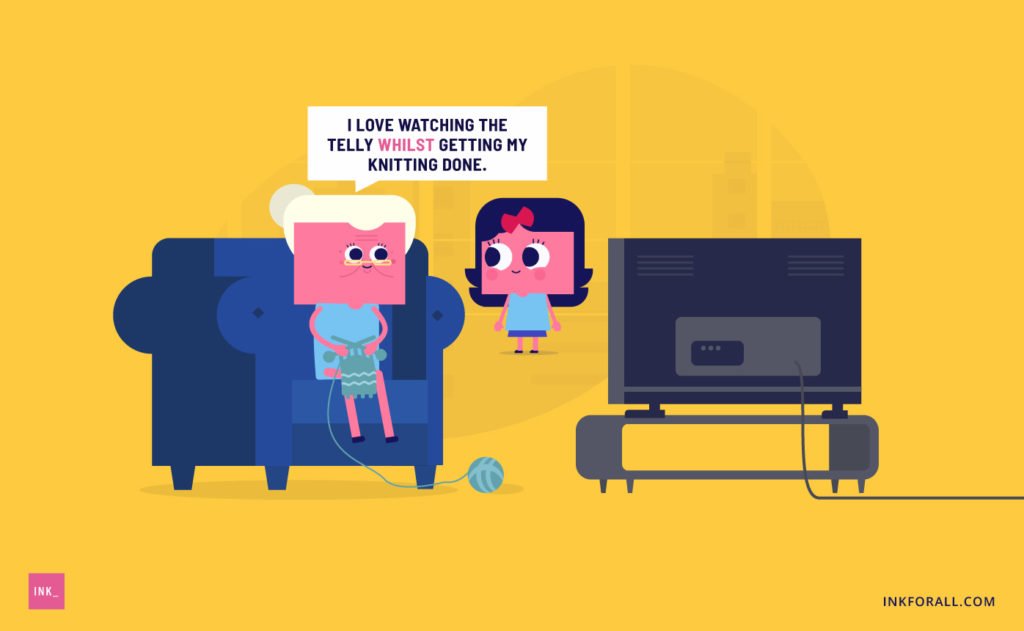

What Does Whilst Mean in a Sentence?
Whilst references something that happens at the same time as another event or contrasts something.
Do While and When Mean the Same Thing?
While and when have different meanings, though both words reference time. Use while when discussing something that happens at the same time as another activity. Choose when if you’re describing a specific point in time.
While vs. Whilst Recap
Since both while and whilst can be conjunctions and adverbs, there is some overlap in the parts of speech that these words can play.
Still, there are clear grammatical and regional differences between these two words.
On one hand, while can also be a noun and a verb, but whilst can’t.
On the other hand, American English speakers prefer while, as whilst is a British English term with a sometimes pretentious connotation. However, it’s important to note that many people in the UK also use while.
The bottom line? Don’t while away your time debating whether to use while vs. whilst. Both terms are okay if you need a conjunction or a word to use as part of an adverb phrase. However, stick with while when your sentence calls for a noun or verb.
Ready to Ace This While vs. Whilst Quiz?
While vs Whilst Question #1
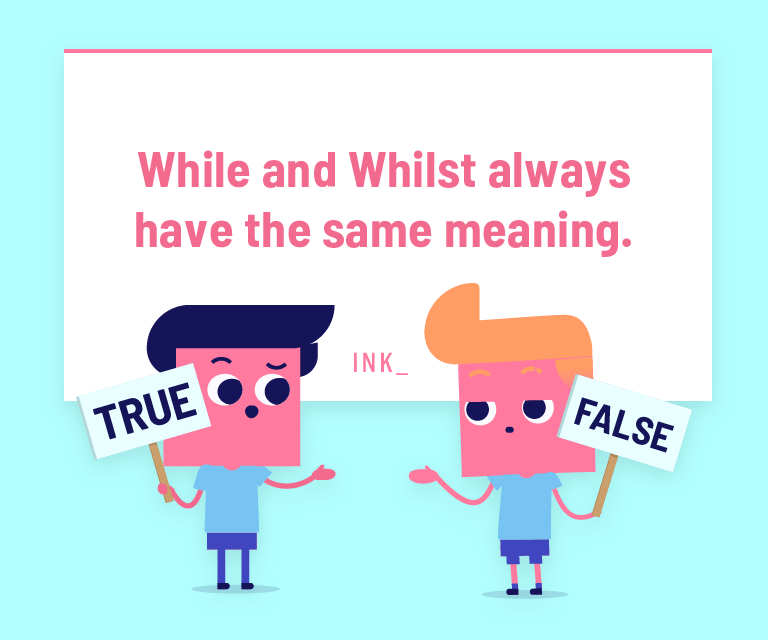

The answer is FALSE. While and whilst mean the same thing when used as conjunctions or part of an adverb phrase.
Whilst vs While Question #2
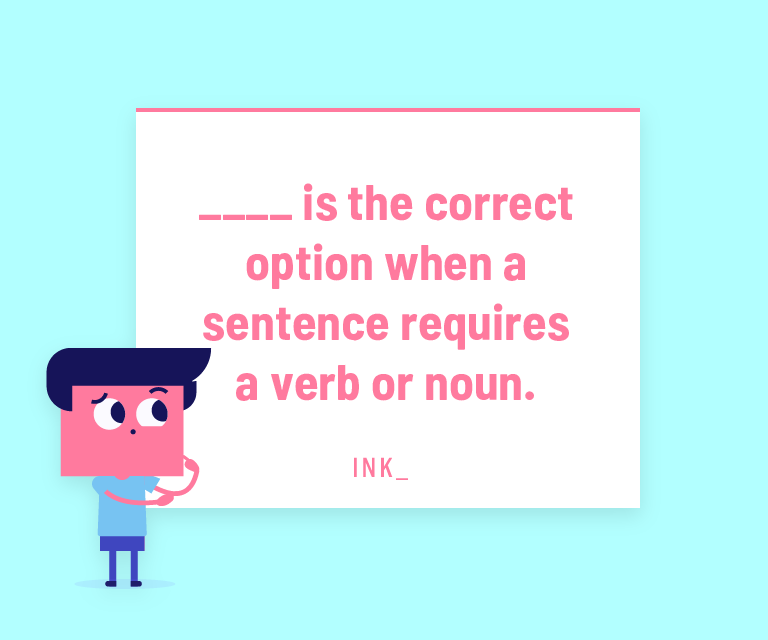

The answer is B. While works as a verb, conjunction, noun, or as part of an adverb phrase.
While or Whilst Question #3
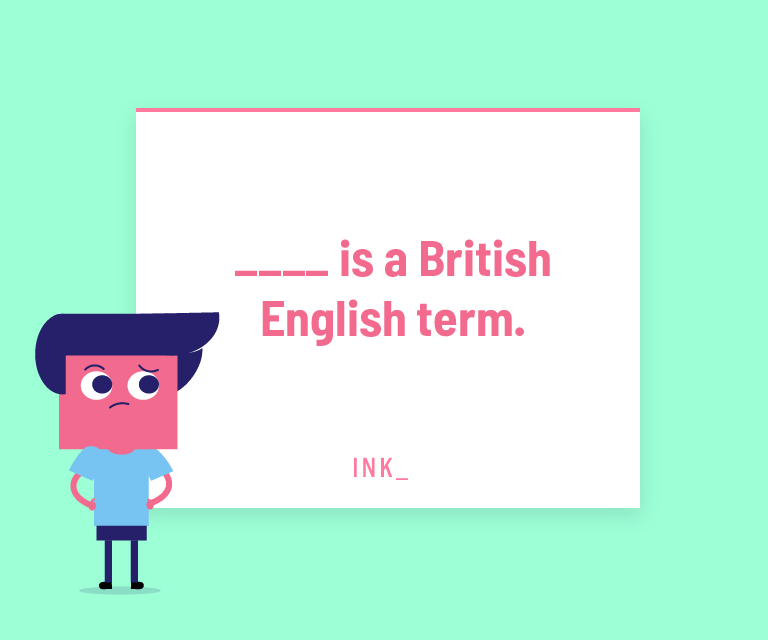

The answer is A. Although whilst is a British English term, many people in the UK also use while.
Whilst or While Question #4
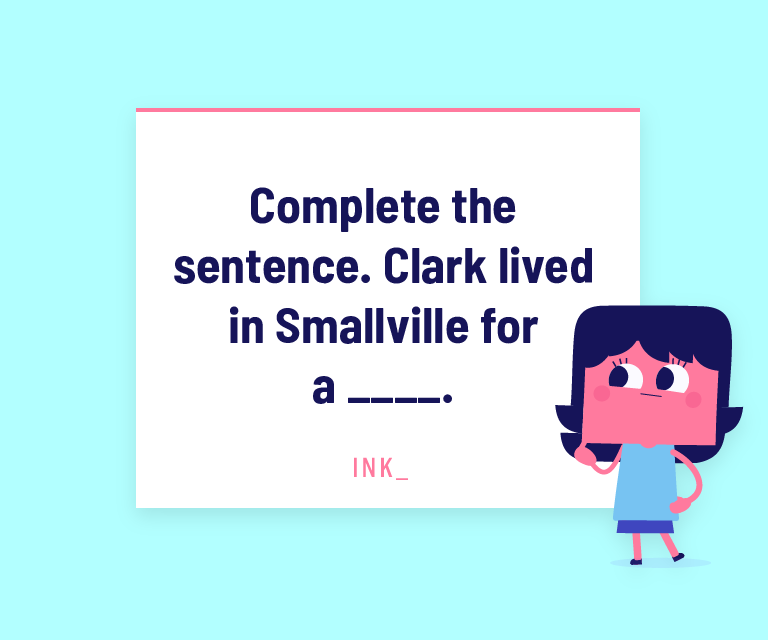

The answer is B. While functions as a noun in the sentence.
While vs Whilst Question #5
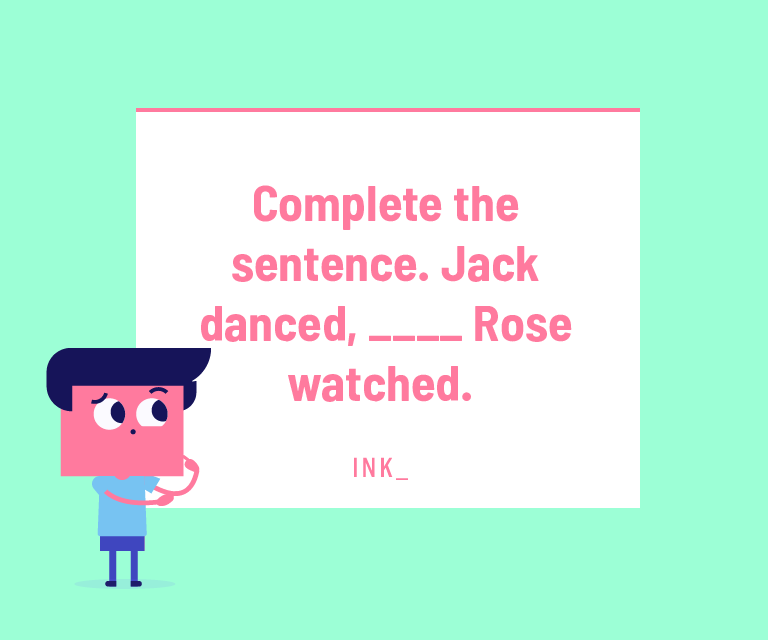

The answer is C. You can use while and whilst interchangeably as a conjunction or adverb.
Whist vs While Question #6
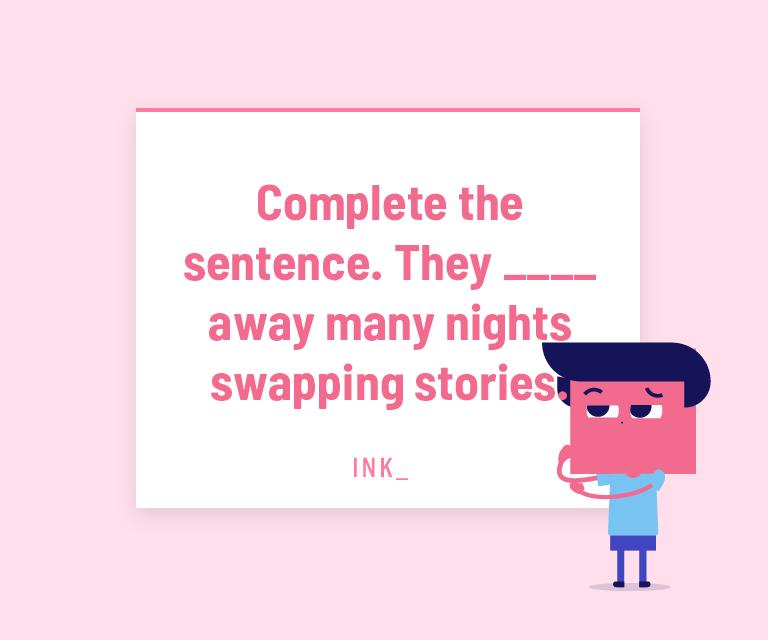

The answer is B. Since the sentence requires a verb, while is the correct option.


